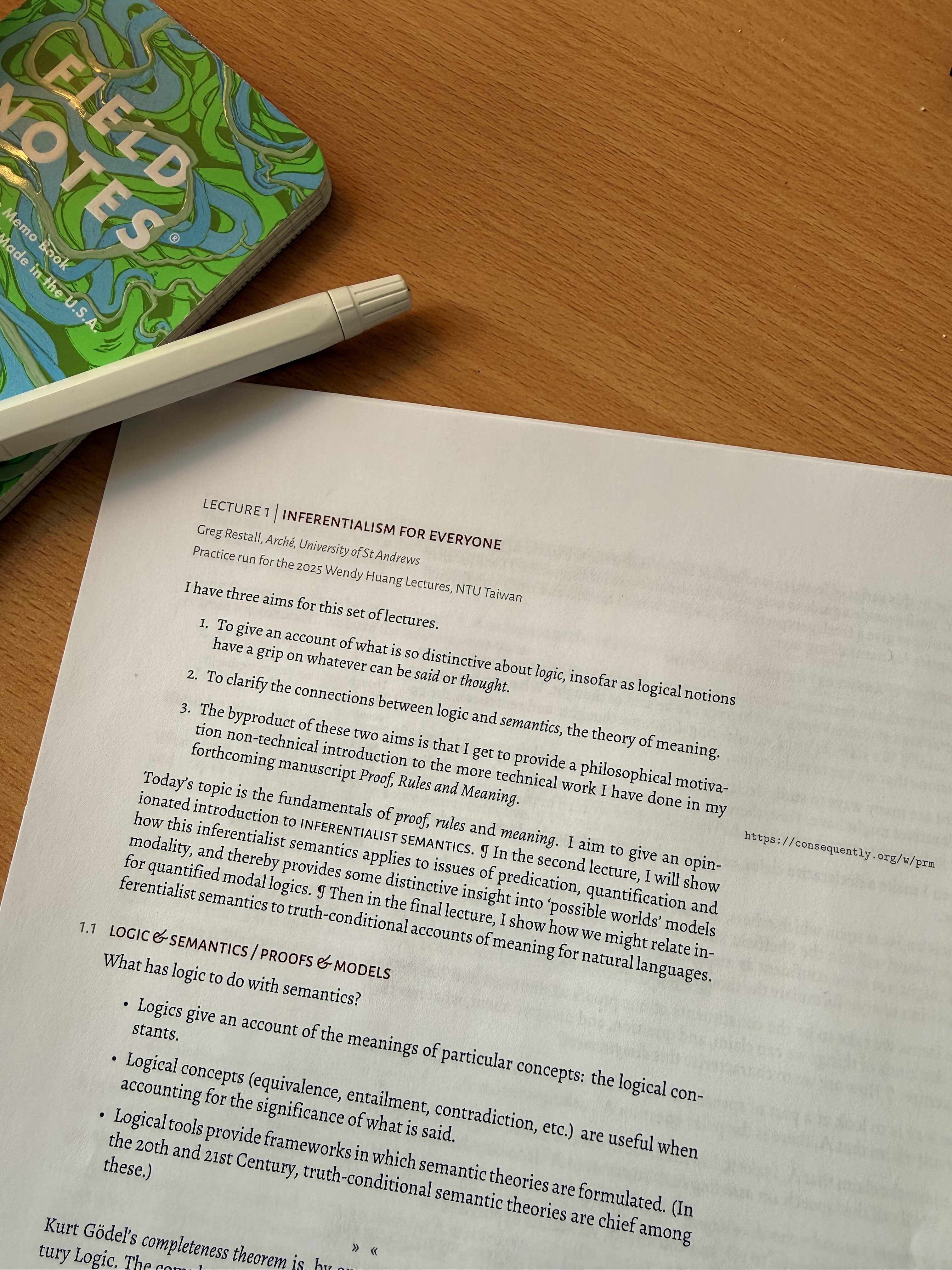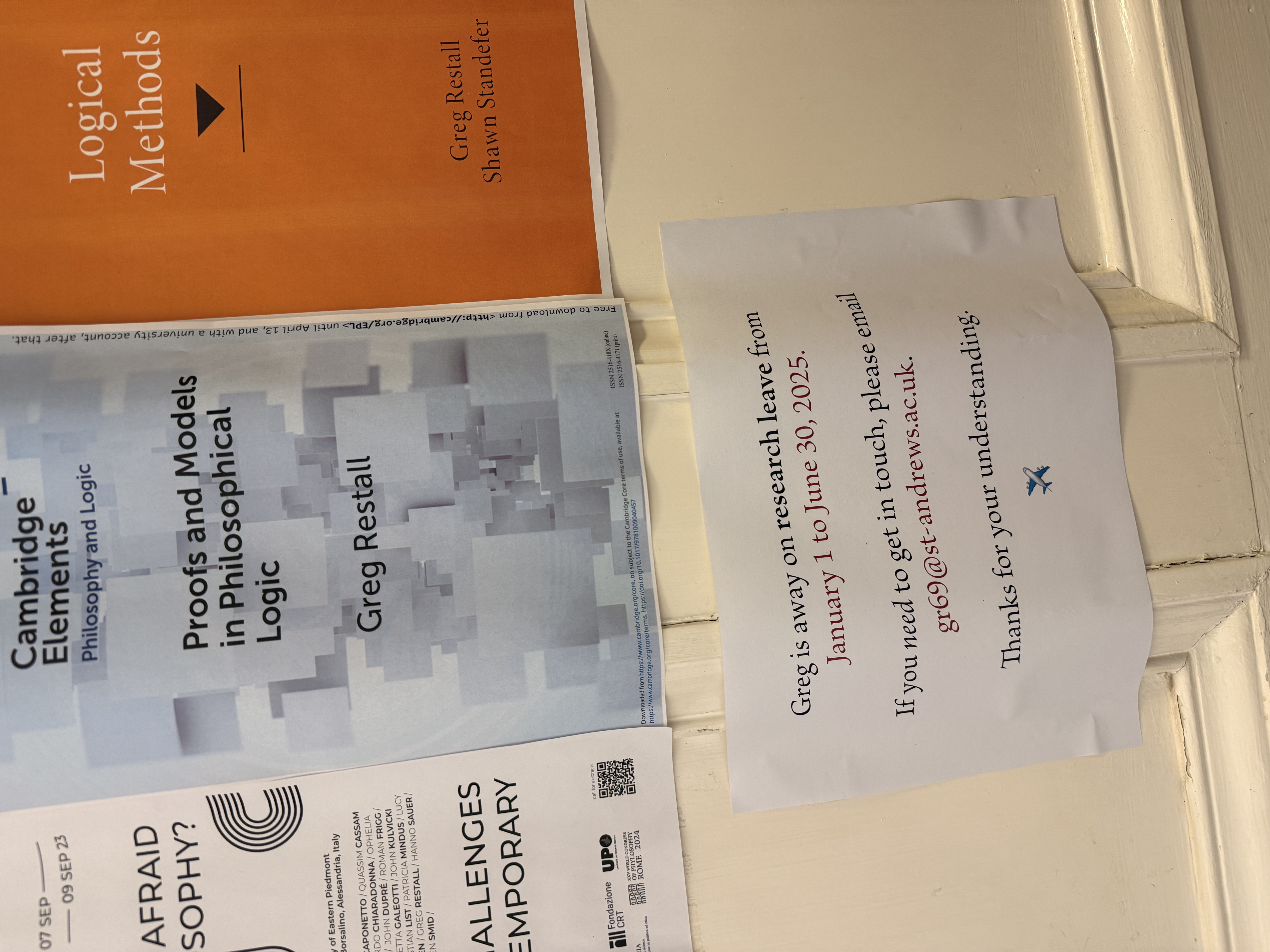Happy New Year, everyone!
As 2024 draws to a close, I’ve finished another month of reading, so let’s close
out my log of books read over 2024 with a short description of December’s reading.
First up, I enjoyed reading the second entry in
Dan Moren’s Galactic Cold War series:
The Bayern Agenda.
As with the previous entry,
this was a fun spy thriller, with a cold war science fictional setting.
Dan Moren has a deft hand as an author, weaving a
plot which balances ratcheting tension and building suspense, while treating
the reader—and his characters—with respect. I will enjoy reading the remaining
entries in the series in the coming months.
My second novel was very different: I re-read George MacDonald’s
Lilith, a fantasy,
first published in 1895. MacDonald was a Scottish author (and Congregational
minister) who mentored Lewis Carroll (Charles Dodgson), and whose work inspired
and influenced other religiously inflected writers of fantasy, such as J. R. R. Tolkien,
Madeleine L’Engle and C. S. Lewis. Lilith is an odd book: it’s the story of Mr Vane,
a man whose life centres on his library (and, we later discover, his love of horses), and
who has few significant relationships with other people. His library seems to be haunted
by its former librarian, and soon, Mr Vane is transported to another world, many adventures
are had, mistakes are made and lessons are learned. (I’m being very general and schematic
here. I’d rather leave it for you to
read to learn the
details for yourself.) What most interested me most in this re-reading was MacDonald’s
view of conversion and personal transformation. MacDonald was a universalist (one who
believes that God will save everyone in the end), and in Lilith, MacDonald’s universalism
is on display, telling a tale in which the resolution is not one where the antagonists are
destroyed, but rather, move towards reconciliation.
Read More…



